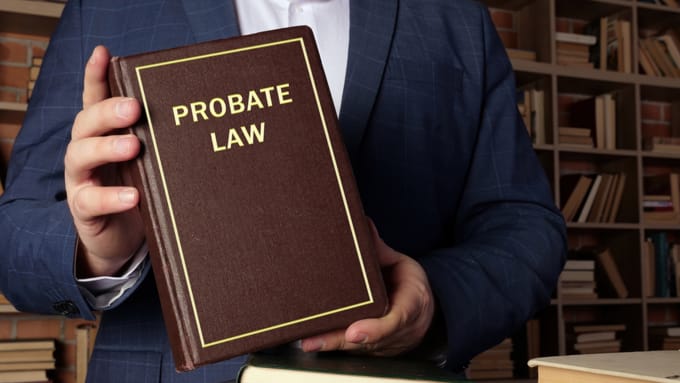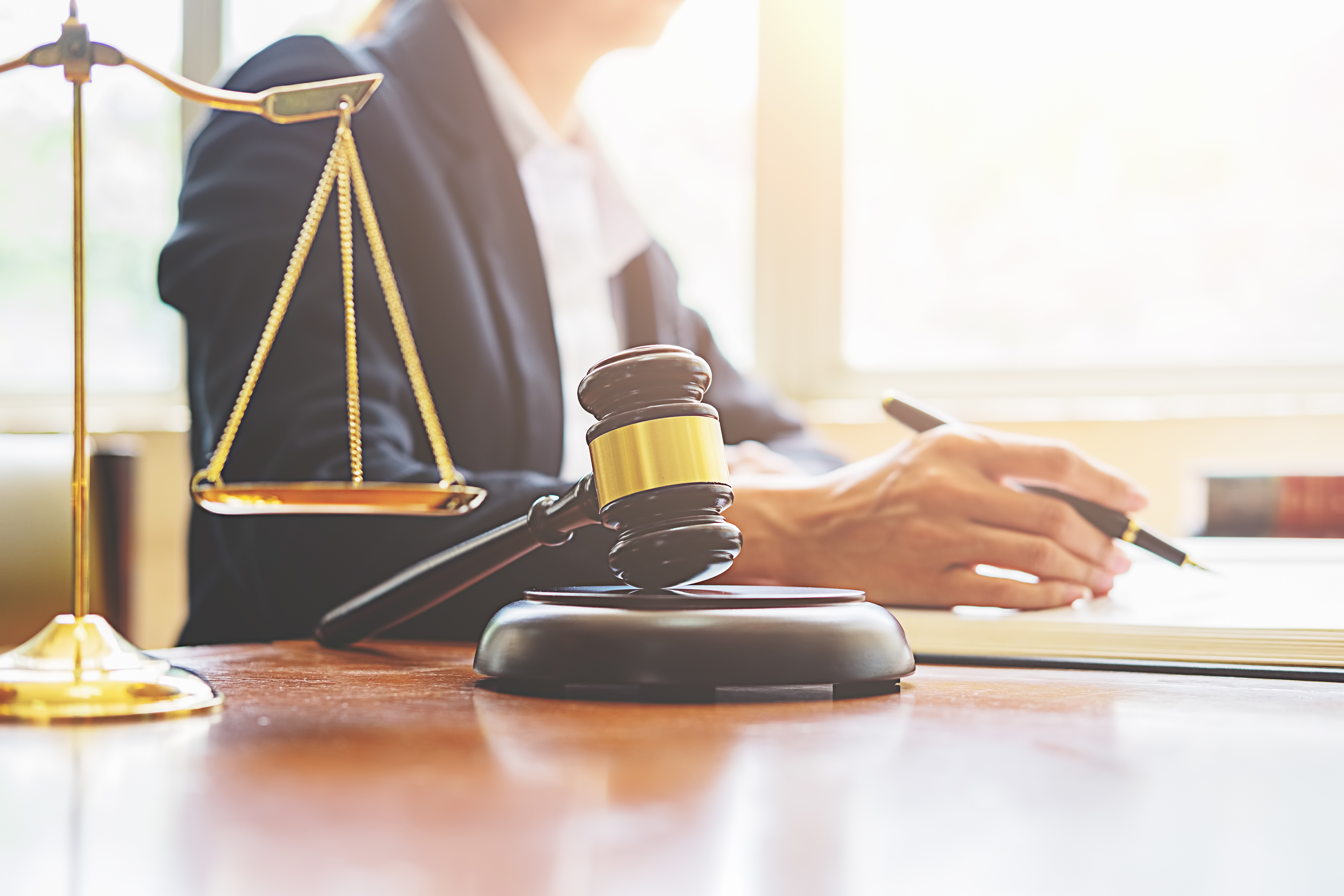Table of Contents
I. Introduction
Probate lawyers play a pivotal role in ensuring a smooth transition of assets and liabilities after an individual’s passing. While the term “probate” might sound daunting, understanding its nuances is crucial, especially when faced with the complexities of estate administration.
II. What is Probate?
Probate is the legal process through which a deceased person’s assets are distributed to beneficiaries and outstanding debts are settled. It acts as a validation mechanism for the deceased person’s will, ensuring the rightful distribution of their estate. It’s essential to distinguish between lawclues.com/ and non-probate assets, as the former requires court supervision.
III. Responsibilities of a Probate Lawyer
Probate lawyers shoulder various responsibilities, from managing the probate process to representing clients in probate court. Their expertise extends to resolving disputes among beneficiaries, ensuring a fair and just distribution of assets.
IV. When is a Probate Lawyer Needed?
Certain circumstances necessitate the expertise of a probate lawyer. Whether it’s navigating contested wills or addressing complex legal issues, having a probate lawyer by your side becomes indispensable during challenging times.
V. How to Choose the Right Probate Lawyer
Choosing the right probate lawyer is a critical decision. Factors such as experience, expertise, and compatibility with your needs should guide this selection process. During the initial consultation, asking relevant questions ensures you make an informed choice.
VI. Steps in the Probate Process
The probate process involves several steps, each requiring careful attention to detail. From filing the will with the court to notifying beneficiaries, understanding the timeline and potential challenges is crucial for a successful probate resolution.
VII. Avoiding Probate with Proper Estate Planning
Estate planning is a proactive measure to minimize the need for probate. Through strategic approaches like trusts and beneficiary designations, individuals can streamline the asset distribution process, sparing their loved ones from the complexities of probate.
VIII. Probate Lawyer Fees
Understanding the cost structure of probate lawyers is essential. Probate lawyer fees can vary, and it’s crucial to discuss fee arrangements and potential additional expenses upfront to avoid surprises later.
IX. Pros and Cons of Probate
While probate serves as a legal safeguard, it comes with both advantages and disadvantages. Exploring alternative methods for estate distribution allows individuals to make informed decisions based on their unique circumstances.
X. Real-life Probate Cases
Real-life probate cases provide valuable insights into the practical application of probate laws. Examining successful resolutions offers a practical understanding of how probate lawyers navigate complexities and achieve favorable outcomes for their clients.
XI. Probate Lawyer vs. Estate Planning Attorney
Distinguishing between the roles of probate lawyers and estate planning attorneys is crucial for individuals seeking comprehensive legal support. Collaborative approaches often involve both professionals working together to address various aspects of the client’s needs.
XII. Challenges Faced by Probate Lawyers
Probate lawyers encounter various challenges in their practice, from contested wills to complex legal disputes. Understanding these challenges and implementing effective strategies is key to overcoming obstacles and ensuring a successful probate resolution.
XIII. Keeping Up with Probate Laws
Probate laws are dynamic and subject to change. Continuous education and staying abreast of legal developments are essential for probate lawyers to provide the most up-to-date and accurate guidance to their clients.
XIV. Testimonials and Success Stories
Client testimonials and success stories serve as testaments to the probate lawyer’s competence and dedication. Building trust through positive experiences fosters confidence in potential clients seeking legal assistance.
XV. Conclusion
In conclusion, navigating the complexities of probate requires professional guidance. Probate lawyers play a pivotal role in ensuring a fair and just distribution of assets, alleviating the burden on grieving families. When faced with probate matters, seeking the assistance of a qualified probate lawyer is a prudent decision.
Frequently Asked Questions
- What is the primary role of a probate lawyer?
- A probate lawyer manages the legal process of validating a deceased person’s will and distributing their assets to beneficiaries.
- When is it necessary to hire a probate lawyer?
- Hiring a probate lawyer is advisable when faced with contested wills, complex legal issues, or disputes among beneficiaries.
- How can one avoid the probate process?
- Proper estate planning, including the use of trusts and beneficiary designations, can help minimize the need for probate.
- What factors should be considered when choosing a probate lawyer?
- Factors such as experience, expertise, and compatibility with your needs should guide the selection of a probate lawyer.
- Are probate lawyer fees standardized?
- Probate lawyer fees can vary, and it’s essential to discuss fee arrangements and potential additional expenses during the initial consultation.






